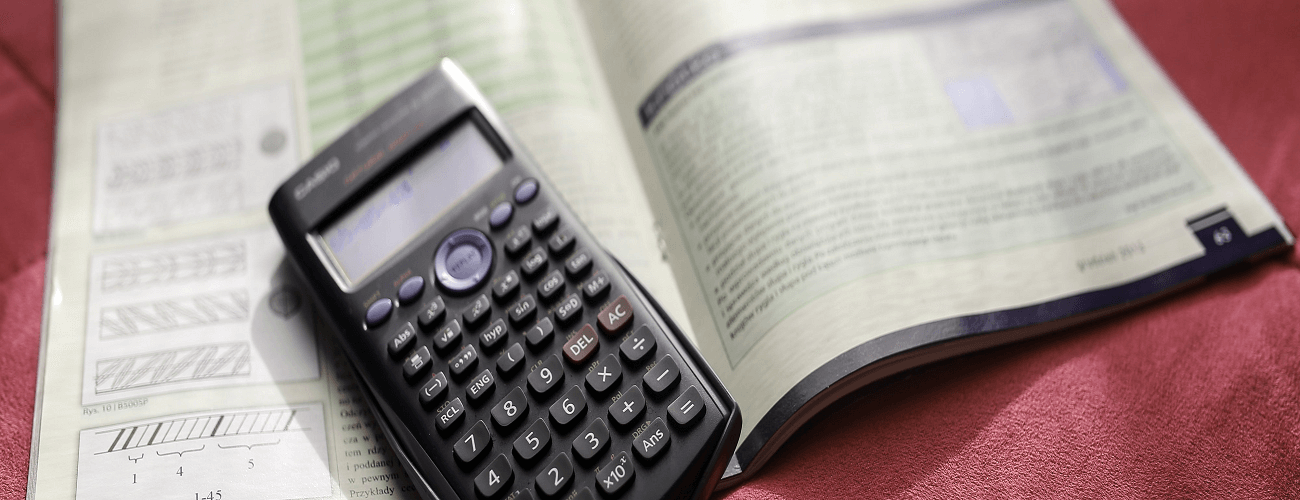Top Ways to Learn Maths from Home

One of the best ways for children to pick up primary maths easily is to show them how maths is used in the world around them. For instance, one can teach a child to count money by taking them along on grocery shopping trips. However, with the pandemic these days, people are staying home more often than usual and not all classes are back to normal, severely limiting the opportunities you may have to teach your child primary maths. Even so, this does not mean that your child has to lose out on valuable avenues to learn while awaiting normal life to resume. There are numerous ways through which one can still teach their child math in a fun and engaging way while at home.
Playing Board Games
It may be obvious that board games involving play money can be a great way to boost children’s addition, subtraction, and mental summing skills. Is your child bored of doing repetitive textbook exercises? If you are looking for an engaging way to get your child to exercise their mental skills, bringing out money- or a point-based board game is a great start. Have your child act as the scorekeeper or banker, and have them showcase their maths skills! You can also use this method to teach your child handy concepts such as algebra, statistics, and word problems. By learning ways to apply their textbook knowledge to a fun game scenario, your child can enjoy better memory retention, leading to more effective learning. For an added challenge, give a multiplier to each unit of the game’s currency – for instance, every dollar in the game is multiplied by two.
Even though money or points provides an ideal opportunity for your child to learn maths, other problem-solving board games should not be overlooked either. Maths is far more than just counting numbers – it is important to build a strong foundation on analytical thinking so that one can pick up higher levels of maths with greater ease in higher education.
Shop Online with Your Child
Online shopping often makes it easy to forget all about counting totals as the prices are automatically calculated for you. With the right approach though, you can turn an online shopping spree into a great educational experience for your child.
Instead of simply adding items to your cart and allowing the system to tally the prices automatically, let your child practice their money and decimal calculations. Tell them the prices of each item you are adding to your cart, and have them manually calculate the total cost. You can even join in and test your mental calculations as well! Finally, double-check the answers with the actual system-calculated total and see if you are both correct.
The great thing about online shopping is that you can also teach your child about percentages by applying the idea of discounts, which are very widely used in the real world. This way, your child will be better able to appreciate the applications of percentages in real life.
Playing Online Educational Games
While board games provide a great way for children to learn the basics of counting, it may feel limiting for older children, especially those who are studying PSLE maths. These children may benefit more from playing online educational games to enhance their maths skills. A quick online search for educational games can yield numerous options for your child to try out. Through fun and engagement, your child will absorb the maths concepts easier and apply their newfound knowledge to their studies more efficiently.
Playing online educational games also paves the way to get children interested in programming and development, a very useful skill later in life. This interest can help to improve their future maths and problem-solving aptitude.
Keep Track of Time
Some children may find it difficult to calculate the time when they are first learning it. If your child is struggling with learning time, what about helping them understand it in a real-time scenario? Instead of directly telling your child the time, try giving them a relative measure, such as “a hundred minutes from now”. You can also quiz them periodically on time. For instance, ask them to tell you what time it was “three hours earlier”.
Getting your child a watch, if they do not already have one, is an excellent way to teach them about time. In addition to boosting their maths textbook knowledge, watching the time also gets children to be more mindful of their time management, leading to better self-discipline and performance in their other studies.
Practice Questions
While there are creative ways to assist your child in their maths learning, you can always still go back to the time-tested practice questions and papers to drill your child on important maths concepts. These books are readily available from any bookstore, making practice questions a great go-to exercise if you need to change up any activities.
Practice questions often come as a cohesive learning tool incorporating all major primary maths topics, allowing your child to focus on the topic they are weakest in. Alternatively, you can also find past-year maths papers from other schools and the time your child to simulate a real assessment. This also helps the child to practice good time management and complete each question as quickly as possible. Remember to have them use the remaining time to check their answers to prevent careless mistakes.
Boost Your Child’s Primary Maths Prowess!
Fortunately, one does not have to feel short-changed by the current pandemic restrictions, as there are still numerous ways to enhance one’s maths learning at home. Is your child having difficulties with their primary maths or PSLE maths? Give some of these creative learning opportunities a try and watch your child become proficient at maths!

